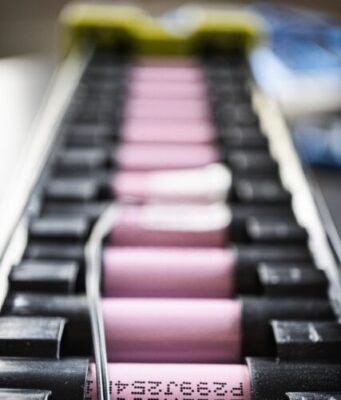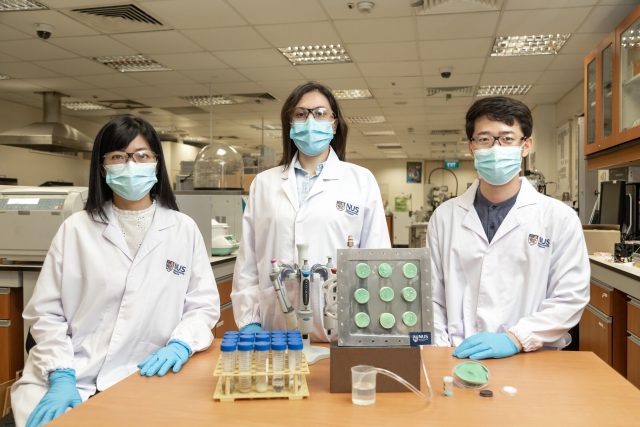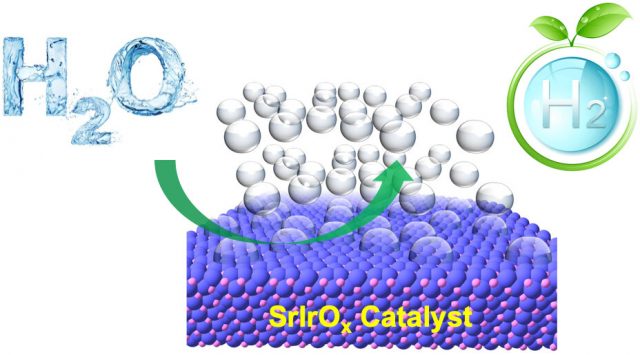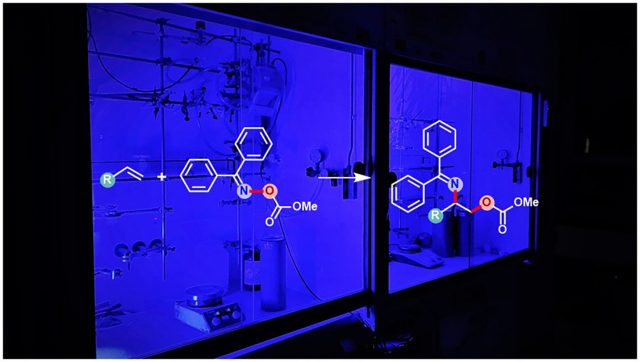Metallurgists have all kinds of ways to make a chunk of metal harder. They can bend it, twist it, run it between two rollers or pound it with a hammer. These methods work by breaking up the metal's grain...
Some say future wars will be fought over water, and a billion people around the world are already struggling to find enough water to live. Now, researchers at the National University of Singapore (NUS) have created a substance that...
McMaster researchers have developed a new form of cultivated meat using a method that promises more natural flavour and texture than other alternatives to traditional meat from animals.
Researchers Ravi Selvaganapathy and Alireza Shahin-Shamsabadi, both of the university's School of...
Researchers at Osaka City University use quantum superposition states and Bayesian inference to create a quantum algorithm, easily executable on quantum computers, that accurately and directly calculates energy differences between the electronic ground and excited spin states of molecular...
In groundbreaking materials research, a team led by University of Minnesota Professor K. Andre Mkhoyan has made a discovery that blends the best of two sought-after qualities for touchscreens and smart windows -- transparency and conductivity.
The researchers are the...
Scientists from the University of Bath have made a sustainable polymer using the second most abundant sugar in nature, xylose.
Not only does the new nature-inspired material reduce reliance on crude oil products, but its properties can also be easily...
Engineers at MIT and Imperial College London have developed a new way to generate tough, functional materials using a mixture of bacteria and yeast similar to the "kombucha mother" used to ferment tea.
Using this mixture, also called a SCOBY...
Efficiently mass-producing hydrogen from water is closer to becoming a reality thanks to Oregon State University College of Engineering researchers and collaborators at Cornell University and the Argonne National Laboratory.
The scientists used advanced experimental tools to forge a clearer...
Scientists have figured out a cheaper, more efficient way to conduct a chemical reaction at the heart of many biological processes, which may lead to better ways to create biofuels from plants.
Scientists around the world have been trying for...
Researchers have been studying chloride's corrosive effects on various materials for decades. Now thanks to high-performance computers at the San Diego Supercomputer Center (SDSC) at UC San Diego and the Texas Advanced Computing Center (TACC), detailed models have been...
Whether in beta-blockers to treat high blood pressure or in natural products: So-called vicinal aminoalcohols are high-quality organic compounds that are found in many everyday products. However, their production is difficult. For a long time, chemists are trying to...


















